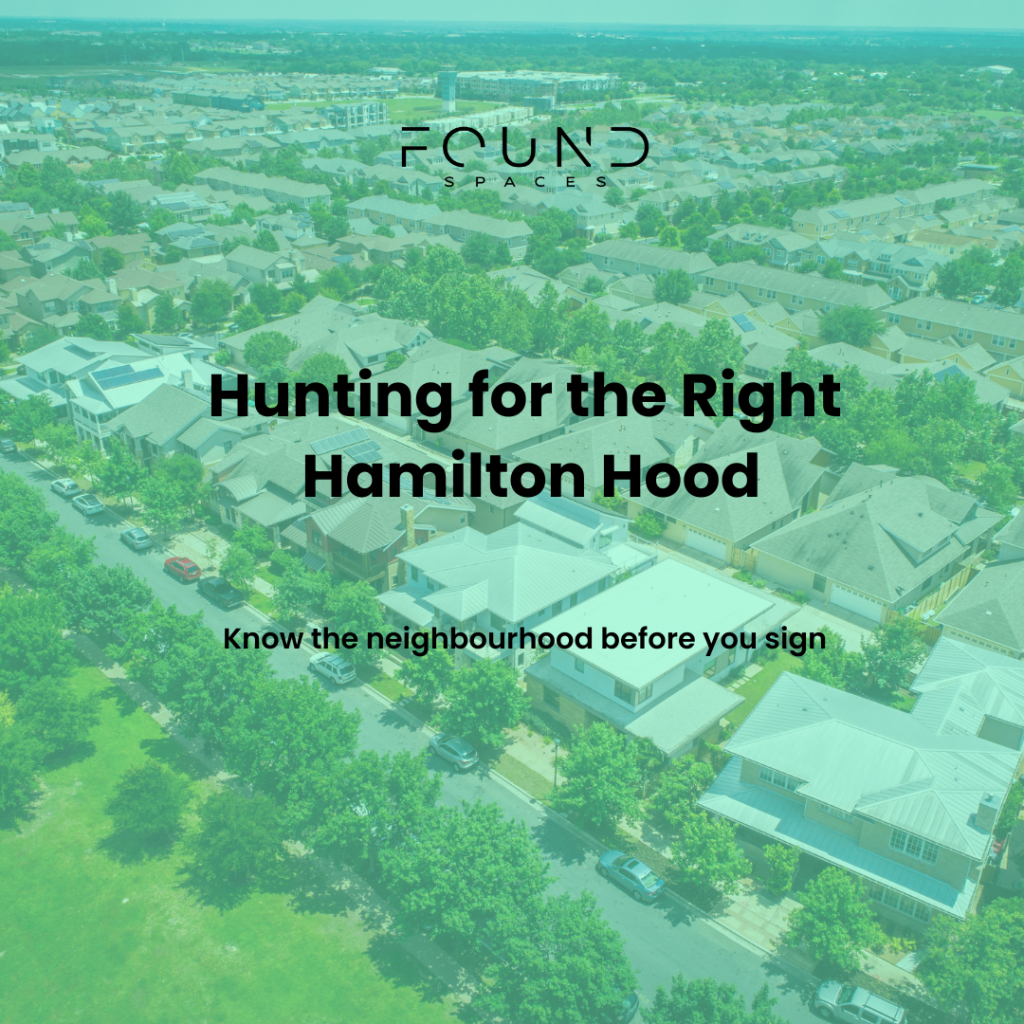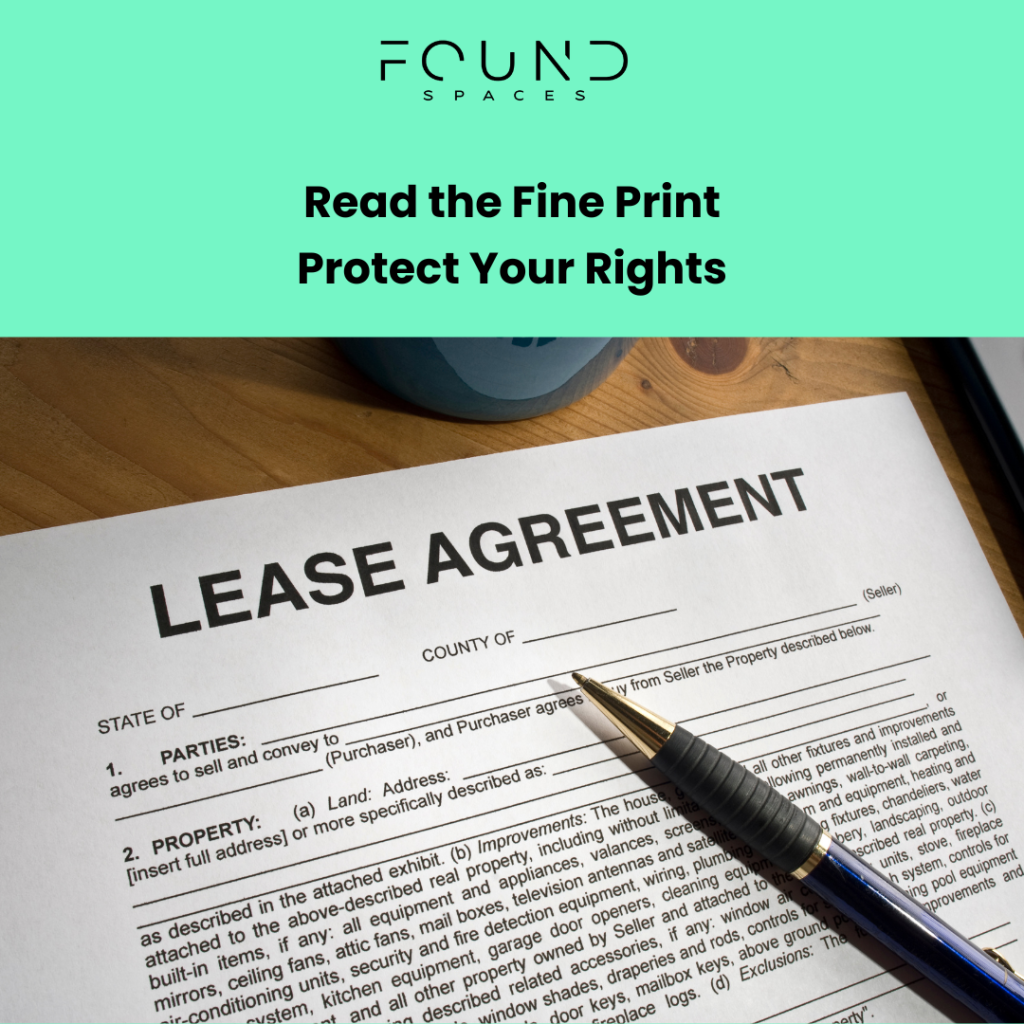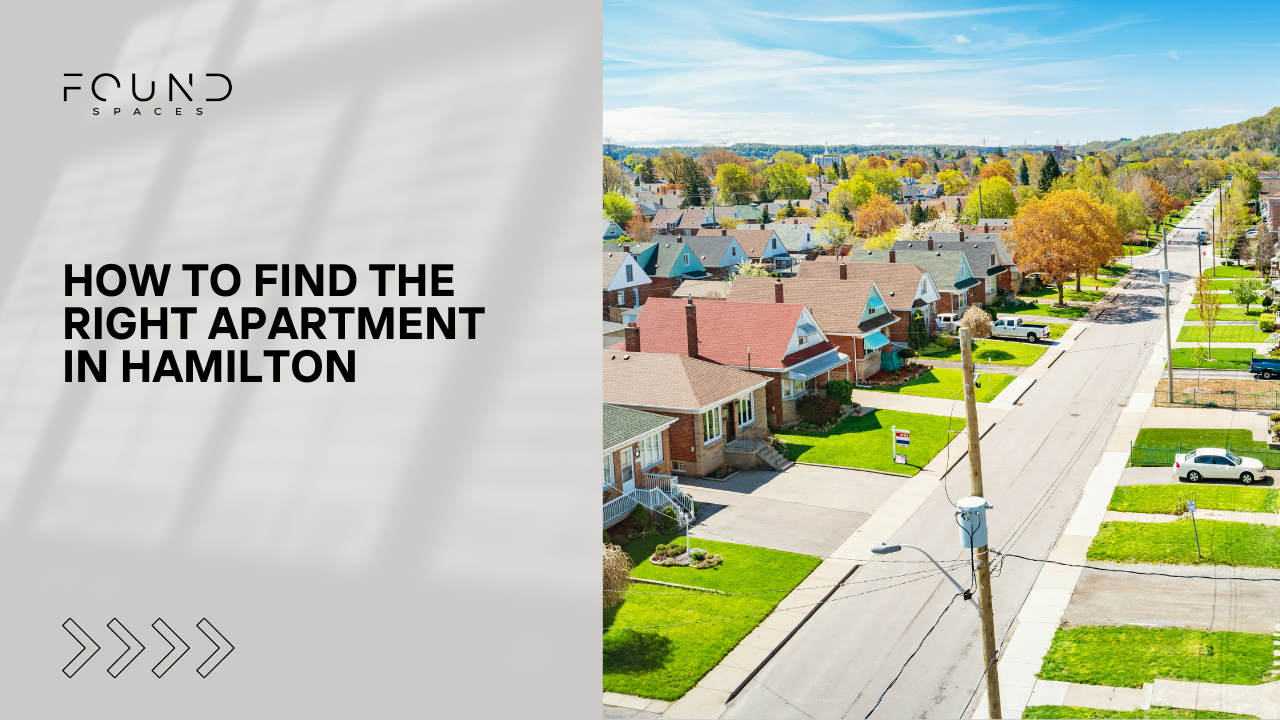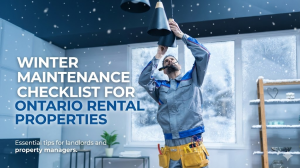Finding the right apartment rentals Hamilton involves more than just checking listings. First, consider the time of year you’re searching, spring and summer offer more options and better weather for visits, while fall and winter might bring lower rents and less competition. Make a checklist of what you really need, like number of bedrooms or parking availability, and research neighborhoods carefully to match your lifestyle.
Scheduling viewings during daylight helps spot issues like heating or noise problems. It’s also important to build a good rapport with landlords and read lease details thoroughly. If needed, professionals like Found Spaces Property Management Inc. can provide useful guidance throughout the process.
Consider Seasonal Timing for Apartment Hunting in Hamilton
When you’re apartment hunting in Hamilton, timing matters for apartment rentals Hamilton. In early spring, listings pick up after the winter slowdown. It’s a good time to attend multiple open houses in a day and walk around neighborhoods to get a feel for the area. Since demand increases in spring, have your rental documents ready so you can apply quickly when you find a good fit.
Summer is busy for apartment rentals Hamilton, with plenty of options and a more active rental market. Try to schedule viewings in the morning or evening to avoid the heat. Prioritize apartments with air conditioning and outdoor space like balconies or patios, which add comfort during hotter months.
Fall is typically quieter for apartment rentals Hamilton, with fewer renters on the move. This can give you more negotiating power, and some landlords may offer move-in specials. When viewing apartments, check the heating system and natural light—important factors as winter approaches.
Winter is the slowest season for apartment rentals Hamilton, but it has its advantages. Rents are often lower, and landlords may be more flexible with lease terms. Focus on units with good insulation and reliable heating to keep energy costs down and stay comfortable.
Being aware of seasonal trends can help you plan a more efficient and less stressful apartment search.
Create a Clear Checklist for Your Apartment Needs
Before you start your search, outline what you need in an apartment. Begin with basics like the number of bedrooms and bathrooms. Add must-have amenities like parking, laundry, or a gym. If you have pets, check the pet policy right away.
Think about lease length and whether you need flexibility. Set your maximum budget, including rent, utilities, and any extra fees. Note how far you’re willing to commute and which neighborhoods fit your routine. Don’t forget about accessibility features if needed.
Finally, consider safety features such as secure locks, well-lit entryways, or alarm systems. Having a clear checklist will save you time and keep your search focused.
Apartment Search Checklist:
- Number of bedrooms and bathrooms
- Essential amenities (parking, laundry, gym access)
- Pet policy
- Preferred lease length and flexibility
- Commute time to work or school
- Accessibility or special accommodations
- Maximum budget (rent, utilities, extra fees)
- Storage space needs
- Preferred layout or style
- Safety features (locks, lighting, alarms)
Research Hamilton Neighborhoods Thoroughly

Look into public transit access and commute times, especially if you rely on it for work or school. Make sure essential services like grocery stores, schools, and healthcare are nearby. Visit neighborhoods at different times of day to get a feel for the atmosphere, noise levels, and traffic.
Watch for upcoming construction or development projects that could affect your experience. Parks and walking trails nearby are great for quality of life, especially if you value time outdoors. Finally, check rental trends and availability in your target areas and look for community events or groups that match your interests. The more you know about a neighborhood, the better your decision will be.
Set a Realistic Budget Including All Costs

If parking isn’t included, add that in too. Many landlords require renter’s insurance, so make room for that in your budget. Don’t forget upfront costs like your security deposit and moving expenses liketruck rental or hiring movers, for instance.
If you have pets, include any extra fees or deposits. Also, consider whether you’ll need to buy furniture or appliances. If your lease makes you responsible for minor repairs, set aside a bit of money for unexpected issues. Keeping a small emergency buffer is a good idea to avoid surprises during your lease.
Use Online Tools to Find Updated Listings
Set up alerts so you’re notified as soon as new listings go live. Many platforms offer virtual tours, letting you rule out unsuitable options without leaving home. Always check how recently a listing was posted to avoid wasting time on expired ads.
Read reviews of landlords or property managers, as they can give you insight into how well a property is maintained and how responsive the management is.
Use map features to see how close listings are to public transit, grocery stores, schools, or work. Researching rent trends online can also help you tell whether a unit is fairly priced. Finally, save your top choices so you can easily compare them as you go.
Schedule Apartment Visits Smartly

During visits, test all appliances, plumbing, heating, and cooling systems to make sure everything works properly. Don’t hesitate to ask landlords or agents about upcoming maintenance or any known issues. If possible, visit the apartment at different times of the day to observe noise levels and neighborhood activity, which can vary widely.
Check cell phone reception and internet quality on site since these are essential for daily living. Pay attention to building cleanliness and security features like locks, lights, and cameras. Finally, confirm parking availability and access during your visit to avoid surprises after signing the lease.
Understand Every Detail in the Lease Agreement

Before signing any lease, it’s important to read the entire agreement carefully. Pay close attention to rent payment dates and what late fees might apply if you miss a payment. Make sure you understand who is responsible for maintenance tasks, sometimes tenants handle minor repairs while landlords cover major issues. Check the rules on pets, guests, and subletting, as these can vary widely and impact your living situation.
Note the lease length and what the process is for renewing or ending the contract early. Confirm which utilities are included in the rent and which you’ll need to pay separately to avoid unexpected bills. Look for clear clauses about the security deposit: how much it is, conditions for getting it back, and any deductions that might apply. Understand penalties for breaking the lease early so you’re not caught off guard if your plans change.
Also, see if there are restrictions on decorating or making changes inside the apartment, like painting walls or hanging shelves. If any terms or legal language aren’t clear, don’t hesitate to ask the landlord or property manager for explanations before you commit. This thorough approach helps prevent surprises and protects your rights as a tenant.
Stay Flexible with Location and Lease Terms
Expanding your search to neighborhoods just outside your target area can open up more options and better rent prices. Nearby communities with a short commute might offer more space or affordability. Be open to different lease lengths too; a short-term lease can be ideal if your plans aren’t set, while a longer one might come with perks like lower rent or priority for better units.
Sometimes a place may lack one feature you want but offer other benefits, like more storage or a better layout. If rent is a concern, sharing with a roommate can reduce costs and give you access to apartments you couldn’t afford alone. Flexibility on size or layout can also help you stay within budget while meeting your needs.
If your preferred apartment isn’t available immediately, consider short-term rentals to bridge the gap. Being able to negotiate a move-in date can help you avoid rushed decisions.
Lastly, be ready to act quickly when you find a good fit. In a competitive market like Hamilton, timing can make all the difference.
Evaluate Heating, Cooling, and Insulation During Visits
Look for visible insulation in walls or ceilings if possible, and check for moisture or mold, which could indicate ventilation issues. Take note of ceiling fans or window AC units, as they help with airflow. Ask if the thermostat is programmable and whether you have control over the temperature settings.
Before committing, request an estimate of typical utility bills for both summer and winter. Knowing what to expect helps you budget and avoid surprises. Efficient systems and good insulation go a long way in making your home comfortable year-round.
Check Safety Features and Noise Levels Carefully
Safety and noise levels are key to a comfortable living experience. During your visit, test all locks on doors and windows to make sure they’re secure and functioning properly. Confirm that smoke and carbon monoxide detectors are present and operational.
Walk through common areas like stairwells and hallways to see if they’re well-lit, and make sure emergency exits are clearly marked and unobstructed. If security is a concern, ask about cameras or on-site staff.
Noise can vary depending on the time of day, so try visiting the apartment more than once. Listen for sounds from neighbors, traffic, or nearby businesses. You can also ask current tenants or neighbors about typical noise levels and whether quiet hours are enforced.
Watch for signs of pests or structural issues that could affect your safety or comfort. Proximity to emergency services like hospitals or police stations can also be reassuring in case of urgent needs.
Assess Appliances, Fixtures, and Outdoor Spaces

Test all major appliances, including the stove, dishwasher, and microwave, to make sure they run smoothly and quietly. In the bathroom, check faucets, toilets, and showers for proper function and leaks. Flip light switches, test outlets, and inspect where fixtures are located to see if they meet your needs.
Examine cabinets, countertops, and flooring for damage or signs of quick fixes, which might signal larger issues. Confirm that heating and cooling units provide steady temperature control and are easy to use. Also, test water pressure and make sure hot water is consistent in sinks and showers.
Outside, inspect balconies, patios, or shared yards for cleanliness and safety. Look for solid railings and practical layouts. Pay attention to landscaping and how well outdoor areas are maintained. Ask about available amenities like bike racks, parking, or access to nearby parks.
Clarify any rules or responsibilities related to outdoor spaces so there are no surprises after you move in.
Know Hamilton’s Rental Market Trends and Neighborhoods
To navigate Hamilton’s rental market effectively, start by getting familiar with key neighborhoods like Westdale North, Hill Park, and Gourley. These areas are known for their sense of community, safety, and access to amenities, but rent prices can vary widely. Comparing average rents across neighborhoods helps you find a spot that suits both your budget and lifestyle.
Rental availability changes with the seasons. Spring and summer typically bring more listings but also more competition, especially with university students looking for housing. In contrast, fall and winter often mean fewer options but may offer better lease terms and lower demand.
When narrowing down neighborhoods, think about commute times and access to public transit—especially important if you work or study downtown. Safety should also be a priority, so check crime statistics and community reports. Walkability and nearby essentials like grocery stores, clinics, and parks can also make a big difference in day-to-day living.
Keep an eye on new construction or developments in the area, as these can shift rental prices or affect the neighborhood vibe. Use a mix of online listings and local rental agencies to stay current on available units and market trends so you’re ready to move when the right place comes up.
How Found Spaces Property Management Supports You
Found Spaces Property Management offers personalized advice tailored to your rental needs and property goals, helping you find or manage apartments that truly fit your criteria. Our responsive team promptly answers questions and resolves issues, reducing stress and saving you time. From tenant screening to lease management, they handle each step efficiently, including clear documentation and renewal processes.
Found Spaces coordinates thorough property maintenance to keep your rental in good condition, while their market analysis and pricing strategies help maximize your rental income. They also provide professional handling of tenant communications and disputes, ensuring smooth relationships.
With insights on legal compliance and local rental regulations, you avoid common pitfalls. Transparency is key, with regular reports and updates on your property’s status. Plus, their marketing expertise fills vacancies quickly with qualified tenants, making the entire rental experience easier and more reliable.
Ready to Simplify Your Apartment Search?

Begin your search by defining your priorities and budget. Whether you care most about location, space, or specific amenities, knowing what you want helps you focus on the right listings and avoid wasting time.
Make the most of Found Spaces’ team and resources; they can guide you through available units and help you schedule viewings. Use virtual tours and detailed listings to narrow down your options before visiting in person, which saves time and makes comparisons easier. When you’re ready to view properties, try to book several on the same day to speed up your decision.
Have your rental documents ready so you can act fast if you find the right place. Once you move in, consider using property management services to handle maintenance and lease details, which can reduce hassle. Keep communication open with your property manager to address any issues quickly.
Always read your lease carefully before signing. When planning your move, factor in weather and neighborhood logistics to help everything go smoothly. If you’d like more personalized help, reach out to Found Spaces to book a consultation and get tailored support every step of the way.
Frequently Asked Questions
1. What are key neighborhood features to consider when choosing an apartment in Hamilton?
Look for nearby amenities like grocery stores, parks, schools, and public transit. Also, consider safety, noise levels, and how close it is to your work or social spots.
2. How can I evaluate the condition of an apartment before deciding to rent?
Pay attention to things like plumbing, heating or cooling systems, signs of pests, and overall cleanliness. Check for any damage or needed repairs and ask the landlord about maintenance history.
3. What are some important things to check in lease agreements besides price and policies?
Focus on the lease length, rules about guests or pets, maintenance responsibilities, and how utilities are handled. Understanding these can save you from surprises later.
4. How do I determine if an apartment community fits my lifestyle?
Consider what kind of environment you want, quiet or lively, family-oriented or young professionals. Visit at different times, talk to residents if possible, and see if the community amenities match what you enjoy.
5. What role does public transportation play in finding the right apartment in Hamilton?
Good access to buses, trains, or bike paths can make daily commutes and errands easier. Check routes and schedules to ensure they align with your routine and provide reliable options.




